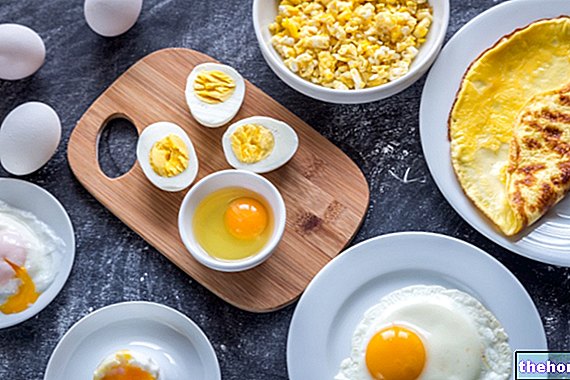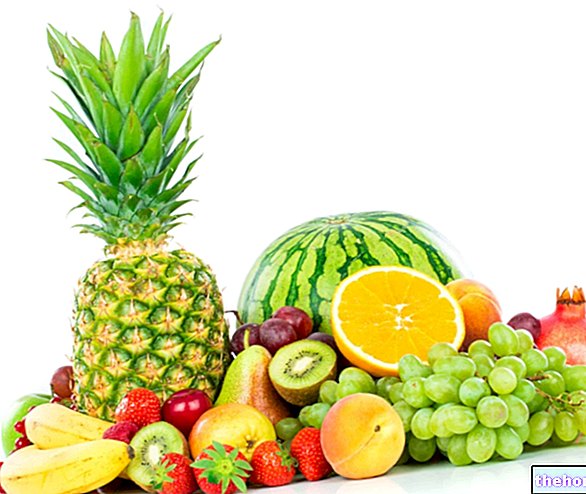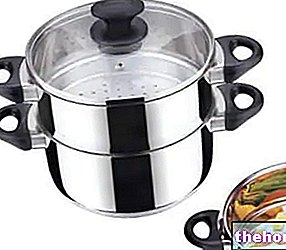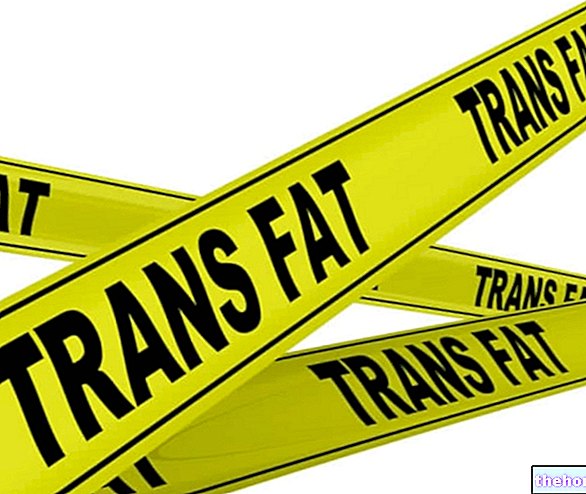What are melanoidins?
The melanoidins they are colloidal molecules having a benzoic ring which are formed by the Maillard reaction during the cooking of foods containing sugars and amino acids; they have a dark brown color and a characteristic aroma of foods such as freshly baked bread, roasted coffee, roasted malt for the production of beer, etc.

Where are melanoidins found?
In roasted, roasted foods or in which a heat treatment is required for the acquisition of characteristic color, taste and aroma, the formation of melanoidins is a determining factor in the success of the finished preparation; on the contrary, in other foods such as sterilized milk , their presence negatively alters the natural taste, aroma and color of the finished food. NB. The high melanoidin content of the milk powder obtained with the method Roller Dry gives a characteristic taste of "cooked" (typical of excessively heated milk in the saucepan) and determines a reduction in the relative pleasantness food.
Melanoidins also play an important role in the short-term storage of cooked meats; once formed during cooking, they exert an antioxidant power which allows to avoid the appearance of an "unpleasant taste" even after having regenerated the cooked meat several times.
Melanoidins: are they good or bad?
As we have seen, from an organoleptic and gustatory point of view, melanoidins can be considered a desirable or undesirable product depending on the specific food in which they appear; on the contrary, from a health point of view, melanoidins CANNOT be considered a harmful component. .. IN REVERSE!
In other articles we talked about the positive and negative aspects of cooking sugars, proteins and fats; it was therefore concluded that some molecules deriving from the Maillard reaction are harmless, others are welcome while still others (at high concentrations) can be harmful. Unlike acrylamide, acrolein, formaldehyde and all polycyclic aromatic hydrocarbons, melanoidins fall into the category of molecules beneficial for the organism; they boast a remarkable antioxidant power on food, a capacity that can also be easily transferred to the cells of the " organism that absorbs them.This is the reason why some cooked vegetables, even if they suffer a considerable nutritional loss due to the destruction of thermolabile vitamins and polyphenols, recover (even only partially) their antioxidant power.
On balance, it is true that cooking fresh vegetables results in a reduction in their own antioxidants, but it is equally true that there is a significant increase in melanoidins; obviously, the process depends above all on the cooking temperature. is sufficient to trigger the Maillard reaction ... but it would be useless to enjoy the high concentration of antioxidant melanoidins if the temperature were so high as to favor the release of other TOXIC molecules such as hydroxymethylfurfural - HMF and acrylamide.
The product that most famously contains melanoidins by triggering the Maillard reaction at moderate temperatures (about 70 ° C) is HEAT dehydrated fruit (apricots and plums - preserved fruit); this has a considerable amount of melanoidins (recognizable by the dark color) which allows to significantly limit the "addition of food additives such as"sulfur dioxide.









.jpg)


















